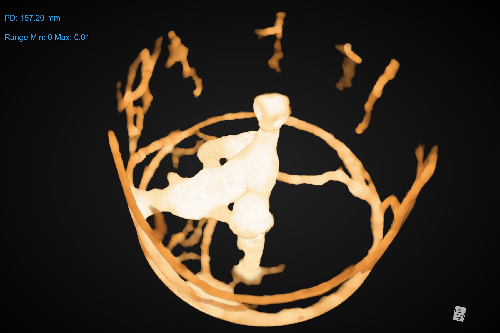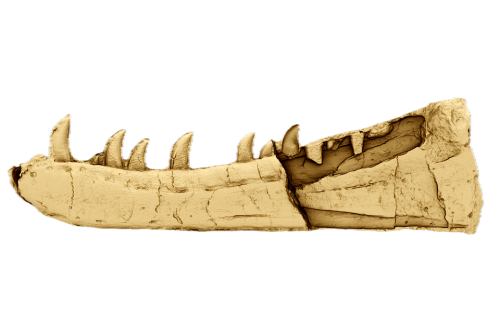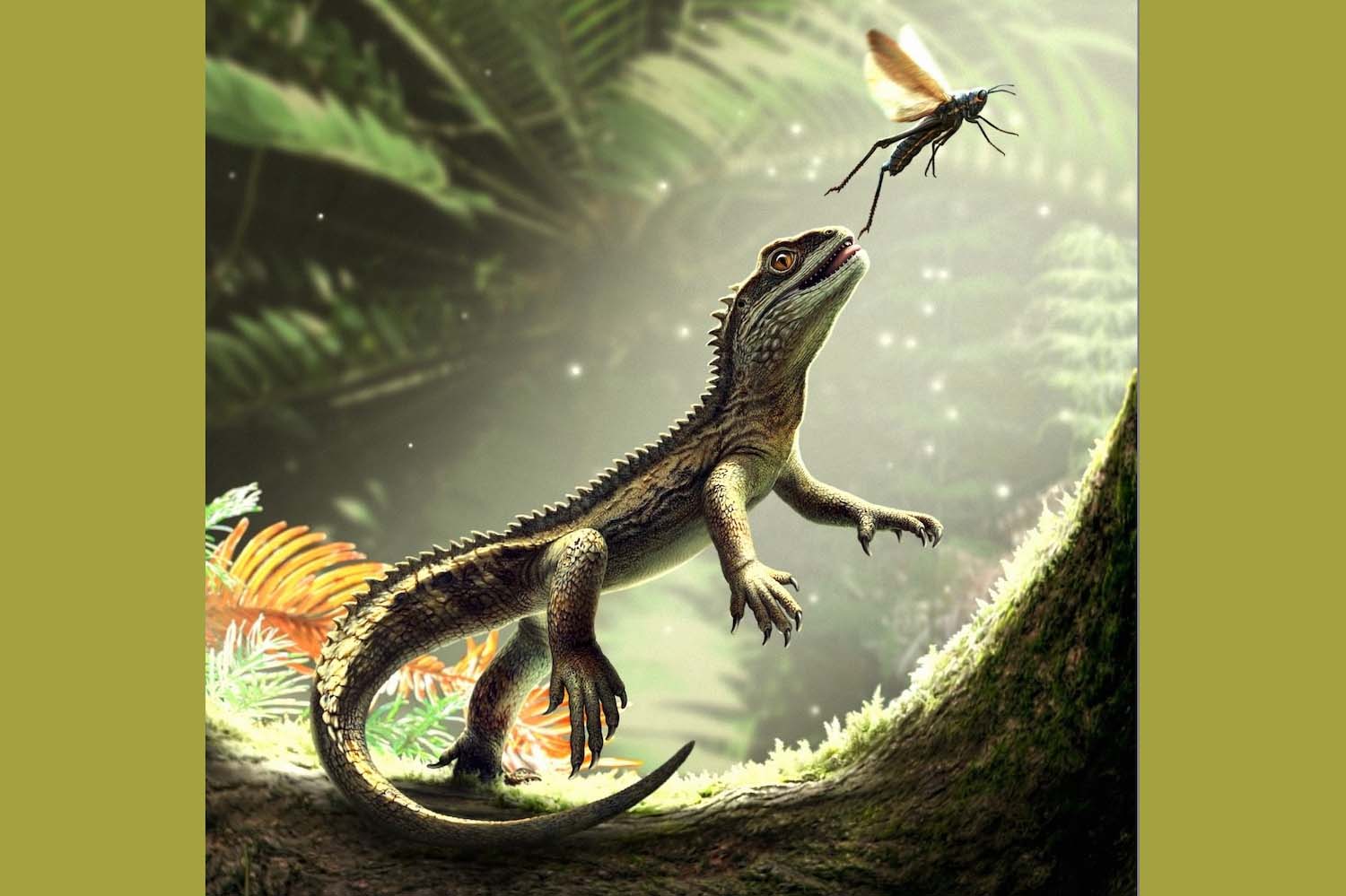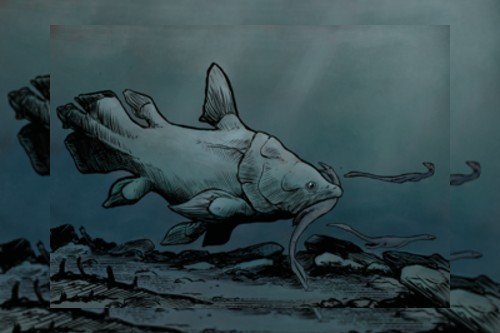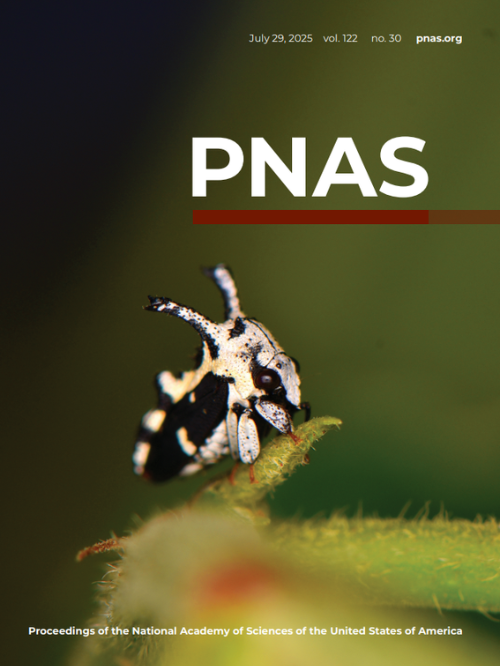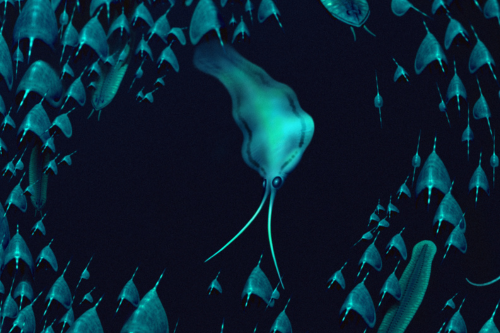Ants alter their nest networks to prevent epidemics, study finds
Ants make a series of clever architectural adjustments to their nests to prevent the spread of disease, University of Bristol research has uncovered.
Ants make a series of clever architectural adjustments to their nests to prevent the spread of disease, University of Bristol research has uncovered.
Ants make a series of clever architectural adjustments to their nests to prevent the spread of disease, University of Bristol research has uncovered.
The University of Bristol Botanic Garden will once again host Apple Day on Sunday 5 October, a community celebration that transforms surplus garden apples into something truly Bristolian - cider.
A combination of leading research and a charming cosmopolitan city has seen the University of Bristol secure a place in the UK’s top 10 in The Times and Sunday Times Good University Guide 2026.
Paleontologists at the University of Bristol have officially identified a new species of dinosaur from Triassic fossil beds in South Wales, near Penarth – more than 125 years after the specimen was initially reported.
Five University of Bristol early-career researchers have been awarded prestigious European Research Council (ERC) Starting Grants totalling €10 million to pursue their pioneering research.
A new fossil from Devon reveals what the oldest members of the lizard group looked like, and there are some surprises, according to a research team from the University of Bristol. The study is published today [10 September] in Nature.
The modern coelacanth is a famous ‘living fossil’, long thought to have died out, but first fished out of deep waters in the Indian Ocean in 1938. Since then, dozens of examples have been found, but their fossil history is patchy. In a new study, Jacob Quinn and colleagues from the University of Bristol and University of Uruguay in Montevideo have identified coelacanths in museum collections that had been missed for 150 years.
The University of Bristol has received a top accolade in the Daily Mail University Guide, being named Research University of the Year 2026 for ‘constantly pushing at the boundaries of human knowledge’.
Could detecting static electricity be a factor in explaining why treehopper insects have evolved such bizarre body shapes?
Remarkable fossils found in North Greenland have helped researchers solve a 500-million-year-old puzzle surrounding squid-like ancestors.
